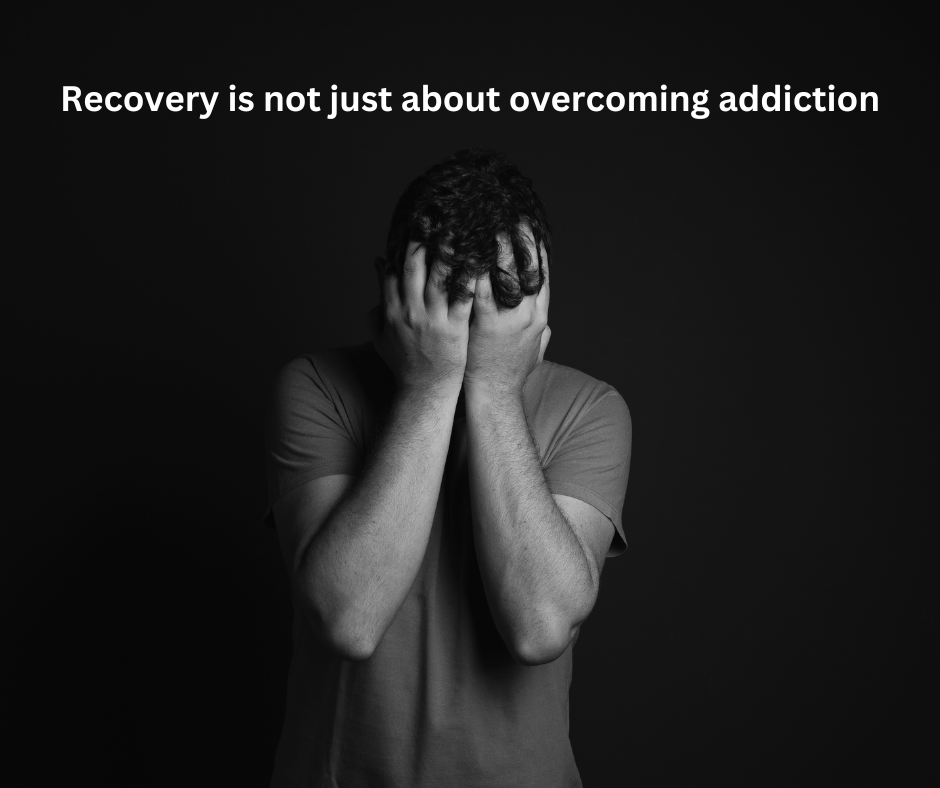Addiction can feel like a dead end—one that consumes relationships, health, careers, and self-worth. But no matter how far someone has fallen, recovery is always possible. Rehabilitation centers play a vital role in turning the page, offering individuals a chance for a new beginning. More than just a place to stop using substances, rehab is a structured environment designed to help people make lasting, meaningful changes in their lives.
A Safe Place to Start Over
One of the greatest benefits of rehabilitation centers is that they provide a safe, supportive space for healing. For many struggling with addiction, everyday environments are filled with stress, triggers, and easy access to substances. Rehab removes these external pressures and replaces them with structure, support, and guidance.
Within this controlled setting, individuals can focus entirely on their recovery without distractions. This sense of safety is often the first crucial step toward change, allowing patients to be honest about their struggles and open to receiving help.
Detox and Stabilization
Rehabilitation centers typically begin with medically supervised detox, where harmful substances are eliminated from the body. This phase can be physically and emotionally challenging, especially with strong withdrawal symptoms. Having medical professionals on hand to monitor and support patients ensures a safer and more manageable detox process.
Once detox is complete and the body is stabilized, the real work of recovery begins.
Personalized Treatment Plans
No two people experience addiction in the same way, so rehab centers offer personalized treatment plans tailored to each individual’s needs. These plans may include a combination of therapies such as individual counseling, group sessions, family therapy, and specialized treatments for co-occurring mental health disorders.
This personalized approach ensures that each person receives targeted care that addresses not just the addiction, but the underlying causes—whether that’s trauma, anxiety, depression, or unresolved life issues.
Building Healthy Habits and Life Skills
Rehab isn’t only about breaking bad habits—it’s about building new, healthier ones. Rehabilitation centers focus on helping individuals create a lifestyle that supports long-term recovery. This often includes teaching essential life skills such as stress management, effective communication, time management, and financial planning.
Many programs also incorporate physical wellness through exercise, nutrition, and mindfulness practices like yoga or meditation. These routines not only improve physical health but also provide powerful tools for managing cravings and emotional stress.
Creating a Support System
Lasting change doesn’t happen in isolation. Rehab emphasizes the importance of community and support networks. Through group therapy and peer interaction, individuals begin to rebuild trust, share experiences, and find encouragement in knowing they’re not alone.
Additionally, many centers involve family members in the recovery process through family therapy and education. Healing damaged relationships and restoring communication at home is a crucial part of long-term success.
Continuing the Journey After Rehab
The end of a rehab program is not the end of recovery—it’s the beginning of a new chapter. Rehabilitation centers help individuals prepare for life after treatment through aftercare planning, referrals to support groups, outpatient therapy, and access to sober living environments.
Conclusion
Rehabilitation centers are far more than treatment facilities—they are places where people can begin again. By providing comprehensive care, emotional support, life skills, and a path forward, rehab empowers individuals to turn struggle into strength and addiction into a new beginning.



